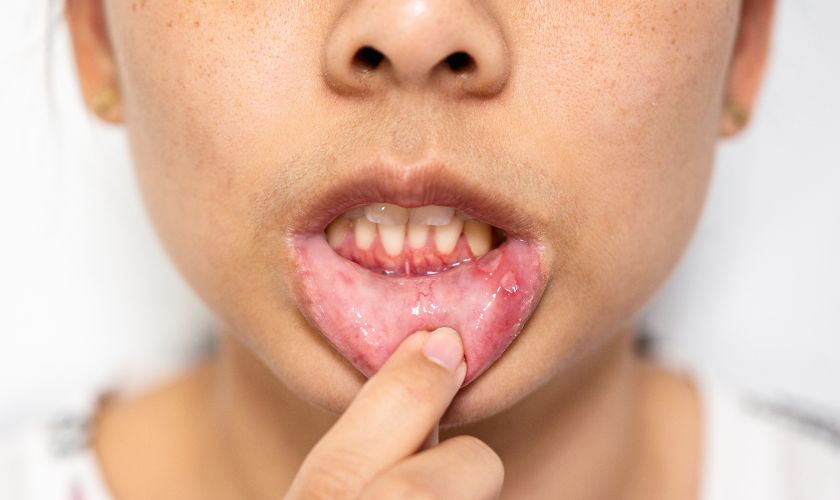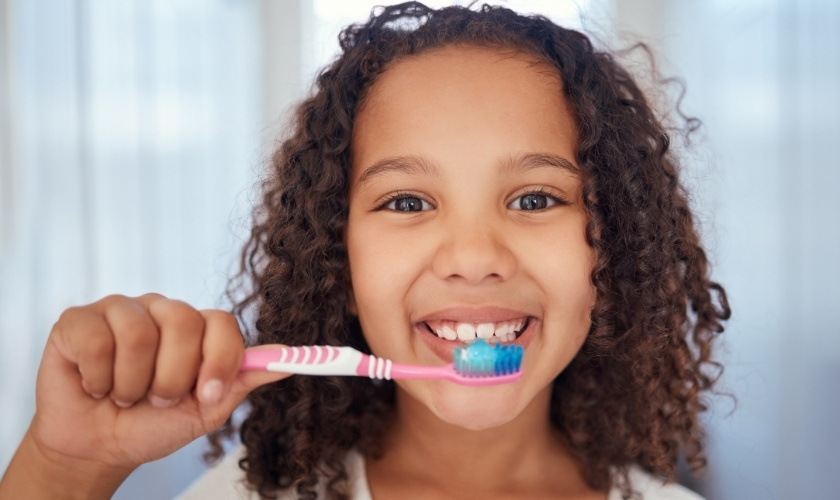
Cavities are caused by bacteria, plaque accumulation, and poor dental hygiene practices; they don’t magically show up overnight. Professional dental cleanings elevate oral hygiene, even though brushing and flossing are helpful. But, can they truly stop cavities? In a nutshell: Yes!
Timely professional cleanings give your teeth a fighting chance against decay by aggressively removing cavity-causing bacteria in addition to making them feel fresh. Let’s see today how these cleanings maintain the health and absence of cavities in your smile.
How Do Cavities Develop?
Let’s first examine the causes of cavities before moving on to prevention:
- Food particles and oral bacteria combine to create plaque, a sticky coating that sticks to your teeth.
- Bacteria that break down carbohydrates in plaque cause acids to be produced, which erode enamel.
- Cavities, which are microscopic holes in teeth that can get bigger if not treated, are caused by weak enamel over time.
How Cavities Are Prevented by Dental Cleanings?
Beyond only removing surface stains, routine dental cleanings in Fort Worth accomplish much more. They prevent cavities before they begin by doing the following:
Removal of Deep Plaque and Tartar
Do you know that even with regular brushing, plaque solidifies into tartar, which only a dentist or hygienist can remove? Once tartar has developed, it provides the ideal conditions for bacteria to proliferate and lead to cavities.
Treatment with Fluoride for Added Protection
A naturally occurring mineral, fluoride makes enamel strong and prevents cavities. The fluoride treatment, which serves as a barrier against decay, is a common component of professional cleanings.
Identifying Issues Early
Dentists can find early decay signs during a dental cleaning before a cavity develops into a larger problem. This implies that rather than later needing fillings or more invasive treatments, small concerns can be addressed with preventative care.
Nearly 90% of persons have experienced at least one cavity in their lifetime, according to the CDC. This risk can be considerably decreased with routine cleanings!
How Often Is a Dental Cleaning Necessary?
To keep your teeth healthy, professionals recommend getting a cleaning every 6 months. However, if a person has a higher risk of cavities because of:
- A high-sugar diet requires more frequent cleanings.
- Previously had cavities.
- Having braces or dental restorations (which trap more plaque).
- Dry mouth (which lowers saliva that naturally washes away bacteria).
Extra Tips On Cavity Prevention
Follow these everyday routines to prevent cavities in order to get your teeth cleaned by a professional:
- Brush 2 times a day, use fluoride toothpaste to protect your enamel.
- Flossing on a daily basis gets rid of food particles and plaque that a toothbrush cannot get to in between teeth.
- Antimicrobial mouthwash helps with the destruction of dangerous germs. Rinse your mouth with it.
- Avoid sugar-filled foods & drinks since they feed bacteria that cause cavities.
- Drink lots of water to wash away bacteria and food particles.
Although dental cleanings are an effective way to prevent cavities, they are most effective when combined with a rigorous daily oral hygiene regimen. Professional cleanings keep your smile cavity-free and healthy by removing plaque and tartar, adding fluoride, and spotting early decay symptoms. Make an appointment for your next dental cleaning now to prevent cavities from developing.




